The Committee recommended a three-month deadline for the NCLAT to decide insolvency appeals and suggested expanding the scope of resolution plans under the corporate insolvency resolution process.
IBC
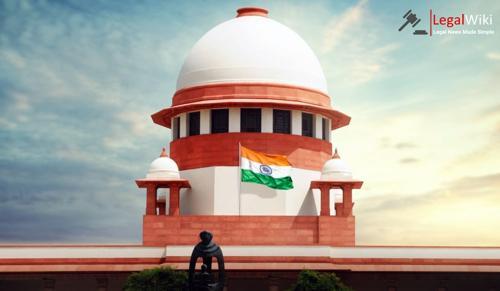
Property Attached under Benami Act cannot be challenged before NCLT/NCLAT : Supreme Court
The Supreme Court held that NCLT & NCLAT lack jurisdiction to look into the legality of properties attached under the Prevention of Benami Property Transactions Act,1988, even if such properties are involved in Insolvency proceedings.
The court emphasised that the Benami Act is a special law that supersedes the Insolvency and Bankruptcy Code, 2016.
The case involved two corporate debtors whose properties were attached. The NCLT and NCLAT dismissed the challenges to these attachments, stating that appropriate legal remedies exist under the Benami Act. The Supreme Court upheld their decisions & dismissed appeals with costs of Rs. 5 Lakhs.
[S Rajendran v. Deputy Commissioner of Income Tax (Benami Prohibition) and ors.]
S PavithraBookmark
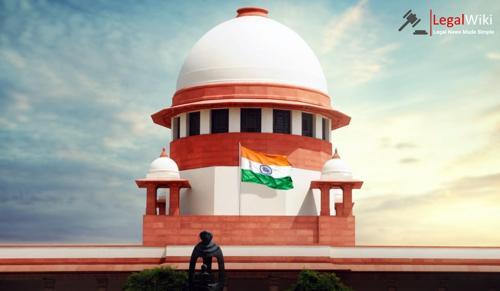
Supreme Court: Telecom Spectrum Not Insolvency Asset Despite ‘Intangible Asset’ Accounting
The Supreme Court of India has held that mere accounting treatment of telecom spectrum as an “intangible asset” does not bring it within the Insolvency and Bankruptcy Code, 2016 (IBC).
A Bench of Justices Pamidighantam Sri Narasimha and Atul S. Chandurkar ruled that spectrum remains a natural resource held by the Union in public trust. Recognition in financial statements reflects only control over future economic benefits, not ownership.
The Court clarified that under Section 4 of the Indian Telegraph Act, 1885, ownership of spectrum vests exclusively with the Union.
Hence, spectrum rights cannot form part of the asset pool in insolvency or liquidation proceedings.
[State Bank of India v. UOI & Ors.]
MananBookmark
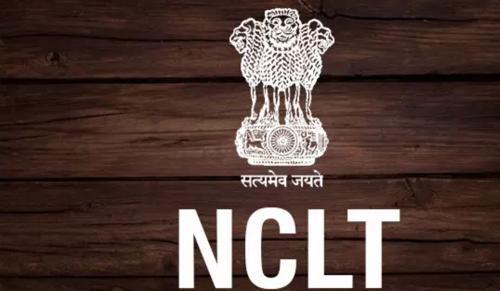
NCLT Ahmedabad Imposes ₹2 Lakh Cost on Dharmadev Infra Director, Admits ₹20.97 Crore Insolvency Plea
The National Company Law Tribunal (NCLT) Ahmedabad has imposed ₹2 lakh personal costs on a director of Dharmadev Infrastructure Limited while admitting a Section 7 insolvency petition over dues exceeding ₹20.97 crore.
A Bench comprising Judicial Member Shammi Khan and Technical Member Sanjeev Sharma termed the director’s application under Sections 60(5) and 65 of the Insolvency and Bankruptcy Code a “counterblast” and abuse of process.
The petition was filed by financial creditor UG Fincon Advisors LLP after repeated cheque dishonours, and an arbitral award reaffirmed the debt.
Holding that financial debt and default were established, the Tribunal declared a moratorium under Section 14 and appointed an Interim Resolution Professional.
[UG Fincon Advisors LLP v. Dharmadev Infrastructure Ltd.]
MananBookmark
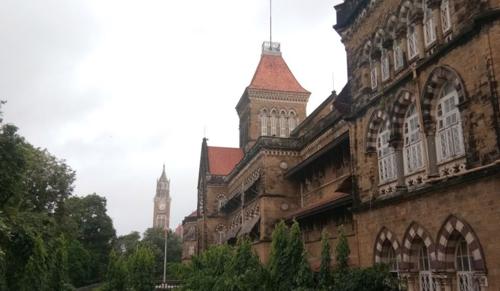
Mumbai Sessions Court Closes PMLA Proceedings Against DHFL in Yes Bank Case
A Mumbai sessions court has closed proceedings against DHFL (now Piramal Capital and Housing Finance Ltd) in the Yes Bank–DHFL money laundering case, granting it immunity under Section 32A of the Insolvency and Bankruptcy Code.
The Court held that once an NCLT-approved resolution plan results in a change of management and control, the corporate debtor cannot be prosecuted for offences committed before CIRP.
While DHFL’s criminal liability stands extinguished, the Court clarified that proceedings against its former promoters and other accused will continue independently under the PMLA.
[DHFL v. ED]
MananBookmark
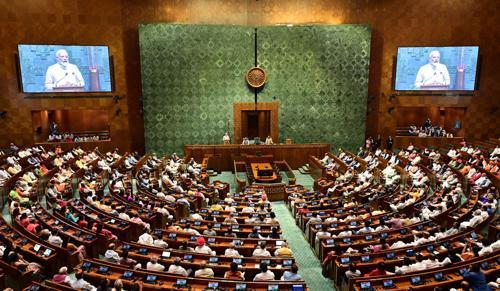
IBC Amendment Bill Expected in Second Half of Budget Session: Nirmala Sitharaman
The Union government is likely to place the Insolvency and Bankruptcy Code (Amendment) Bill before Parliament in the latter half of the Budget session beginning March 9.
The proposed law, introduced in August 2025, has been examined by a Select Committee, which has since submitted its recommendations.
Nirmala Sitharaman said the changes are intended to strengthen the insolvency resolution process and reduce procedural delays. She added that over 1,000 companies have been resolved under the IBC, resulting in recoveries of more than ₹3.3 lakh crore.
The reforms will also focus on enhancing tribunal capacity and incorporating group and cross-border insolvency mechanisms.
Thanush SBookmark
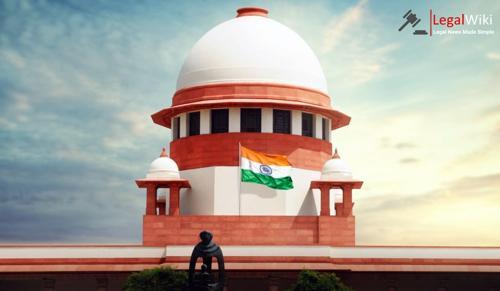
NCLT has No Power to Decide Trademark Ownership Without Insolvency Link: Supreme Court
The Supreme Court ruled that the National Company Law Tribunal cannot exercise jurisdiction under Section 60(5)(c) of the Insolvency and Bankruptcy Code to adjudicate trademark ownership disputes that lack a direct connection with insolvency proceedings.
The case arose from cross-appeals against the NCLT’s declaration of title over the trademark “Gloster” during a corporate insolvency resolution process.
The Court held that contested issues of title, including intellectual property, can be examined under the IBC only when they have a proximate nexus with the insolvency process and do not go beyond the approved resolution plan.
It set aside the NCLT’s finding and the NCLAT’s observations, leaving the issue to be decided by an appropriate forum.
[Gloster Ltd v. Gloster Cables Ltd & Ors.]
Thanush SBookmark
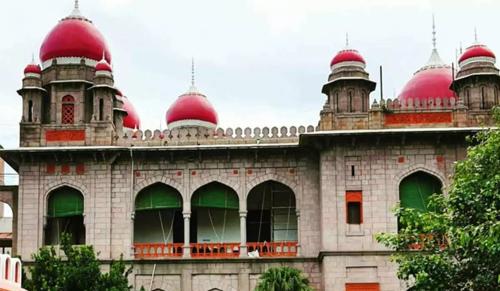
Telangana High Court Dismisses Union Bank’s Appeal Against Cancellation of Property Auction
The Telangana High Court dismissed an appeal filed by Union Bank of India challenging the cancellation of an auction of a company property under liquidation.
A Division Bench held that while banks are empowered to recover dues through auctions, they must follow due process, act transparently, and involve the official liquidator.
The Court noted that despite a higher offer being available, the bank conducted an online auction at a lower price without coordinating with the liquidator, who represents the interests of all creditors and workers.
Upholding the single judge’s order, the Court ruled that the auction was rightly cancelled due to procedural lapses.
MahiraBookmark
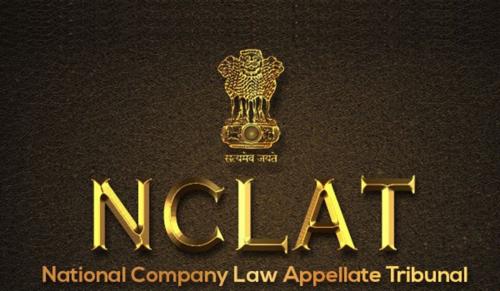
NCLAT Chennai Initiates Suo Motu Contempt Against Resolution Professional
The NCLAT Chennai Bench held that the conduct of the resolution professional amounted to an attempt to bypass and override its interim appellate orders.
The Court observed that despite clear directions keeping the CIRP in abeyance, the RP refused to hand over control of the company by adopting a self-serving interpretation of the stay order.
Terming this a “clever device” to sit over judicial directions, the Tribunal remarked that the resolution professional fraternity cannot remain “untouched by contempt” and needs to be taught a lesson.
Emphasising institutional authority, the NCLAT initiated suo motu contempt proceedings and directed the RP to file a response.
[National Company Law Appellate Tribunal, Chennai Bench v. Anil Kumar Khicha, IRP, ISPT India Pvt. Ltd.]
MananBookmark
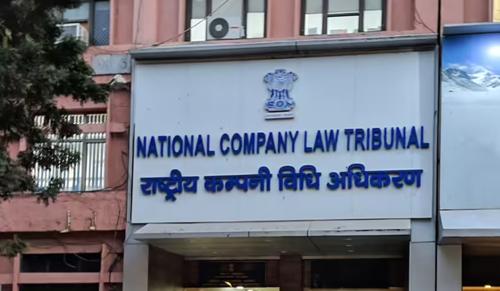
NCLT Can Adjudicate Fraud And Debt Disputes Under IBC: Delhi High Court
The Delhi High Court held that the National Company Law Tribunal (NCLT) has wide jurisdiction under the Insolvency and Bankruptcy Code, 2016, to adjudicate disputes involving fraud, forgery, the existence of debt, and the validity of an assignment.
The Court ruled that civil courts cannot be invoked to derail insolvency proceedings through parallel litigation.
It observed that Sections 60(5), 65, and 75 of the IBC empower the NCLT to examine complex factual and legal issues, while Sections 63 and 231 expressly bar civil court interference.
Dismissing the suit as an abuse of process, the Court imposed costs for indulging in avoidable litigation.
[Roseland Buildtech v. Vihaan 43 Realty].
MahiraBookmark
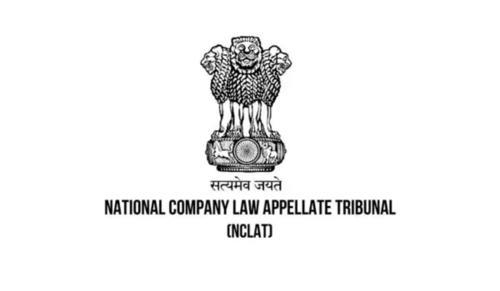
NCLAT Sets Aside NCLT Order, Remands Culver Max’s Insolvency Plea Against Fintech Firm
The National Company Law Appellate Tribunal (NCLAT) has overturned a National Company Law Tribunal (NCLT) order that dismissed Culver Max Entertainment’s Section 9 insolvency petition against Odisha-based Rechargekit Fintech.
The appellate tribunal held that the NCLT erred in rejecting the plea outright without granting Culver Max an opportunity to rectify procedural defects in its application under Section 9(5)(ii) of the Insolvency & Bankruptcy Code.
Setting aside the April 30, 2024 order, NCLAT remanded the matter to the NCLT for fresh consideration, directing that the petitioner be allowed to cure defects before the insolvency plea is examined on merits.
MananBookmark
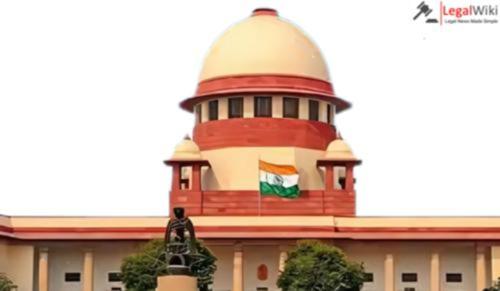
Supreme Court Invokes Article 142 to Ensure Completion of Supertech Supernova Project
The Supreme Court invoked its extraordinary powers under Article 142 to ensure the completion of Supertech’s stalled Supernova project in Noida.
Citing prolonged delays and stakeholder hardship, the Court set aside the insolvency framework and constituted a three-member empowered committee to take over project management.
It constituted a three-member empowered committee to take charge of the project, directed the appointment of a new developer, mandated escrow-based control of funds, and ordered a forensic audit of accounts.
The Court emphasised that project completion and protection of homebuyers must take priority over rigid insolvency procedures.
[Ram Kishor Arora v. Bank of Maharashtra]
MananBookmark

Cheque Dishonour Not an Offence if Account Blocked Due to Insolvency: Delhi High Court
The Delhi High Court held that dishonour of a cheque does not constitute an offence under Section 138 of the Negotiable Instruments Act when the drawer’s bank account is blocked due to insolvency proceedings.
The Court observed that once insolvency proceedings commence, the account holder loses authority and control over the bank account.
In such a situation, the account cannot be said to be “maintained” by the drawer, which is a mandatory requirement under Section 138.
Accordingly, the Court ruled that criminal liability cannot arise where non-payment results from statutory restrictions imposed during insolvency proceedings.
[Farhad Suri v. Praveen Choudhary]
MahiraBookmark

IBC Amendment Bill 2025 Seeks Faster Insolvency Resolution, Codifies ‘Clean Slate’ Principle: Baijayant Panda
The Insolvency and Bankruptcy Code (Amendment) Bill, 2025, seeks to address persistent delays in insolvency proceedings by tightening statutory timelines and formally codifying the clean slate principle.
Lok Sabha MP Baijayant Panda said the Bill aims to reduce the average resolution period to six to seven months, which is expected to improve recovery rates for creditors.
The Bill was introduced in the Lok Sabha in August 2025 and was referred to a Select Committee, which has submitted its report to Parliament.
Thanush SBookmark
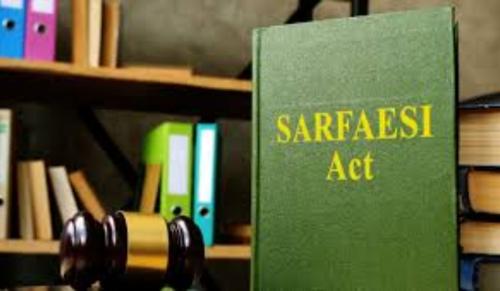
Bombay High Court: SARFAESI Sale Invalid If Sale Certificate Not Issued Before IBC Moratorium
The Bombay High Court has held that a SARFAESI auction sale is incomplete if an interim moratorium under Section 96 IBC begins before the sale certificate is issued.
The Court ruled that ownership transfers only upon issuance of the sale certificate, and payments made after the moratorium cannot confer rights.
Since most instalments and the sale certificate in this case came after the moratorium, the auction purchaser acquired no ownership.
The writ petition was dismissed.
[Arrow Business Development Consultants Pvt Ltd v. Union Bank of India & Ors.]
MananBookmark

NCLT Mumbai: Damages for Contractual Breach Cannot Be a Ground to Initiate Insolvency
The NCLT Mumbai has held that claims based on liquidated or unliquidated damages arising from contractual breaches cannot be used to initiate insolvency proceedings.
Dismissing Goodrich Logistics’ Section 9 plea against Transrail Lighting, the Tribunal said such damages must first be adjudicated by a civil court or arbitral tribunal.
It found that detention charges and depreciated value of unreturned containers were not part of the original service order and constituted contractual damages outside the Code’s summary jurisdiction.
The Bench also noted pre-existing disputes and Goodrich’s failure to provide supporting records.
Holding that no crystallised operational debt existed, the application was rejected.
2 months ago
MahiraBookmark
